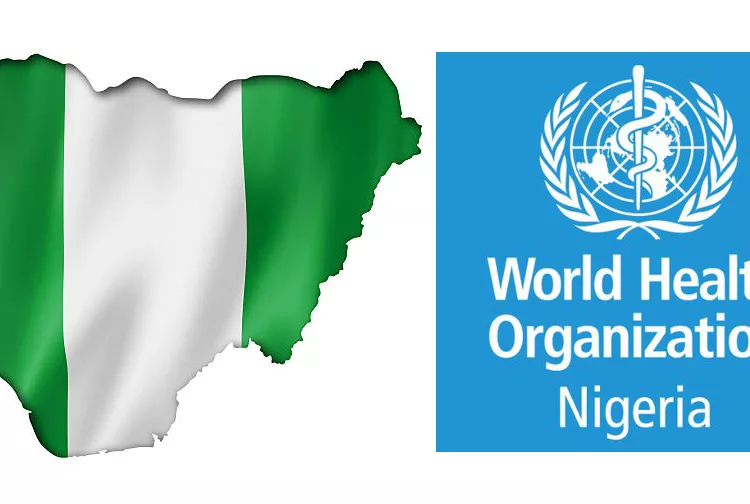The World Health Organisation (WHO) and the Nigerian Environmental Summit Group (NESUG) have called on the National Assembly to enact laws that strengthen climate-resilient and sustainably financed health systems, warning that climate change is already threatening lives and slowing national development.
Speaking at the Legislative Roundtable on Climate, Environment and Sustainable Health in Abuja, the WHO Country Representative in Nigeria, Dr. Pavel Urse, emphasised that climate change “is not a future problem, but a present reality.”
Represented by his deputy, Dr. Alexander Chimbaru, Ursu noted that the crisis is already reshaping the health and well-being of Nigerians, overwhelming hospitals, and threatening progress toward health equity.
Citing the 2024 National Climate Health Vulnerability and Adaptation Assessment, conducted by WHO in partnership with the Federal Ministry of Health and Social Welfare (FMOH) and the UK’s Foreign, Commonwealth & Development Office (FCDO), Ursu warned that as much as 21 percent of Nigeria’s total disease burden could be linked to climate change if urgent adaptation efforts are not implemented.
“Behind that 21 per cent are real people; mothers, children, and health workers, who suffer the consequences of every heatwave, flood, and outbreak,” he said, urging lawmakers to translate climate-health commitments into actionable policies and budgets.
Ursu outlined three key roles for legislators: policy stewardship, budgetary oversight, and accountability. He called for the enactment and funding of climate-smart health policies, adoption of renewable energy in health infrastructure, and greater support for research and innovation. Highlighting Nigeria’s commitments at the World Health Assembly (WHA) and COP28, he urged a shift from pledges to implementation as the nation prepares for COP30.
Reaffirming WHO’s support for Nigeria, Ursu recalled that since 2015, the organisation has helped establish climate change desk offices in all 36 states and the FCT, trained over 2,200 health officers, and developed the National Climate Change and Health Profile.
He also cited the HealthCREST Initiative, which installed solar systems in primary healthcare centres in Rivers and Akwa Ibom states, generating 126.2 kWh of clean energy daily, replacing 50 litres of petrol, and cutting over 42,000 kilograms of CO₂ emissions annually.
In her remarks, NESUG Executive Secretary, Chemist Rita Michael-Ojo, described the roundtable as “a pivotal moment for Nigeria to reimagine sustainability.” She noted that the country loses more than $100 billion annually to climate-related impacts but said these challenges also present opportunities to unlock Nigeria’s green economy potential.
She announced that the Nigeria Environmental Summit (NESt 2026) will take place on March 25–26, 2026, at the Abuja Continental Hotel, bringing together over 1,000 leaders and showcasing 100+ youth-led green projects ready for investment.
Also speaking, WHO Nigeria’s National Team Lead on Climate Health and Environment, Dr. Edwin-Isotu Edeh, urged stakeholders to prioritise financing climate-resilient health systems through legislation, innovation, and sustainable investment.
He emphasised the importance of collaboration among lawmakers, policymakers, and partners at both national and subnational levels to achieve Nigeria’s climate-health goals.
Chairman of the National Agency for the Great Green Wall (NAGGW), Sen. Magnus Ngei Abe, underscored the importance of swift policy implementation, commending the National Assembly’s commitment to advancing Universal Health Coverage. He also called on communities, NGOs, and citizens to play active roles in protecting health and environmental infrastructure.
The roundtable served as the opening session of the 6th Annual Legislative Summit on Health, held from November 10–11, 2025, and attended by experts from federal and state ministries, advocacy groups, and young innovators in the health, environment, and energy sectors.





